As a physician, I help people live their truth and live to the fullest. Conditions such as heart disease, cancer, osteoporosis, obesity, menopause, and thyroid disease often limit day-to-day activities and affect the overall quality of life. It doesn’t have to be this way! I want women to know they have power, they have options, and they don’t have to suffer. A commitment to improving health, regular check-ups, and early detection cancer screenings, like Galleri®, are crucial to taking control of our health journey.
The first step to better health and cancer prevention is to decide: Do you want cancer? If I had to guess, I believe all of you would say no. Stupid question, right? We all know someone who has suffered the agony of hearing the words “you have cancer” and then dealing with what follows. But have you ever thought of prevention as committing to doing what you can not to have cancer? Do you know about general cancer risks? Do you know your specific risks? Have you had basic screening tests? Do you pay attention to physical signs or symptoms which could be early warning signs?
I am a physician, and at 57, I am just getting started. I worked for 25 years as a general OB/GYN and learned so much about what women want and how I could help. Now, I am expanding my practice to disease prevention and health promotion. I have three children and two kitties, and I am engaged to be married to an incredible man with four daughters. There is so much to look forward to! I am quite healthy despite an autoimmune liver condition and work daily to eat well and stay in shape. Yet, a question lingers in my mind: could I have a cancer I do not know about?
So, I have taken the first step. I have decided I do not want cancer. I have named the cancers I do not want (all) and know the signs and symptoms we can look for. The problem is that there are many cancers for which the signs and symptoms are vague or subtle and easy to dismiss as everyday aches and pains. Cancers like cancer of the ovary, lung, throat, appendix, pancreas, and liver don’t usually have symptoms until they have already grown. Not only is the treatment complex, but the prognosis is often unfavorable.
Knowing your family history can also be a powerful tool to help with early cancer detection and which cancers to screen for. So many cancers result from genetic mutations, and knowing your risks could save your life. Unfortunately for me, I do not know all my family history. I am adopted and only know information about my birth mother. The other side is a mystery. So, in this area, I am flying blind and do not know the potential risk factors that could determine which screening tests to do.
I can do a breast exam, pay attention to pelvic pain or unusual digestion issues, and get skin checks. I also can and have had screening tests for three types of cancer: breast cancer with a mammogram, colon cancer with a colonoscopy, and cervical cancer with a PAP smear. But what about all the others? I am 57, and we know that cancer risk goes up with age. By 50, the risk increases significantly, and I want to walk into this next phase of my life knowing that I am healthy and doing all I can to be proactive. Thankfully, now there is a new test that screens for over 50 types of cancer, and I am grateful to get it done this year.
Years ago, scientists developed tests to screen unborn babies for genetic conditions such as Down’s Syndrome. The tests took the mother’s blood, looked at cells from the baby, and examined the DNA of those cells. At the same time, researchers came across what they suspected were DNA signals in the blood that indicate cancer. It turned out they were right! Those moms were pregnant and also had an early form of cancer. This knowledge eventually created the Galleri® test, a blood test that screens for over 50 types of cancer.
Validated at the Mayo Clinic and other organizations, Galleri® is now a commercially available test. The Galleri® test requires a simple blood draw. It is then analyzed to determine if cell-free DNA is present, which could signal the presence of cancer. Once one of the signals is found, the test determines which region of the body the signal came from. The test is more sensitive for some cancers than others. For example, it is not as sensitive for breast cancer and prostate cancer because these cancers stay covered up longer, versus pancreatic cancer, which gets into the blood long before there are symptoms.
Once a cancer signal is detected, then we go looking. We use imaging such as MRIs, CT scans, or ultrasounds to look in the appropriate region. If cancer is found, the right specialists can immediately initiate treatment. One man with Stage One tonsil cancer caused by HPV said that he was the only person in the throat cancer clinic who avoided major face surgery. Early detection does not prevent the need for treatment, but it can make the treatment less expensive, less invasive, and more likely to be effective. Early detection gives patients treatment choices versus more limited, late-stage cancer options.
How does this apply to you? Consider testing if you are:
If you are interested, you can go to Galleri.com and find the nearest place in your area to get tested. At true., we also offer Galleri® events each year (the next event will take place on February 13th at 5:30 pm). It is a prescription and must be ordered by a healthcare provider such as a physician, physician assistant, or nurse practitioner. Of course, cost is always an important question, and to name the elephant in the room, the Galleri® Test is not cheap. The company, however, works to improve access to testing for all patients, just like the mammogram. Hopefully, insurance will cover testing soon. Programs have also begun at the VA for several Medicare groups, and some companies, including hospital systems, are offering this test as part of their benefits program.
Now, back to me, I don’t know all my risk factors, and I am over 50. So, I had the test done, and the results were negative. I am pleased and feel fortunate. Based on this information, I am not likely to have cancer that is hard to detect. I plan to work on keeping my cancer risk low and do regular screenings.
Knowledge is power! The good news is that medical progress can reduce suffering and keep us doing what we want, how we want, as long as we want. As a physician, I dream of seeing everyone benefit from knowledge and confidence so they can age as they wish. As a woman, I want to live my truth with a long, happy, healthy life. Having the Galleri® test will help me do just this.
Watch the full segment.

OUR PROGRAMS
RESOURCES
CONTACT US
SUBSCRIBE